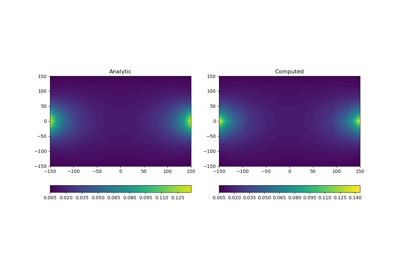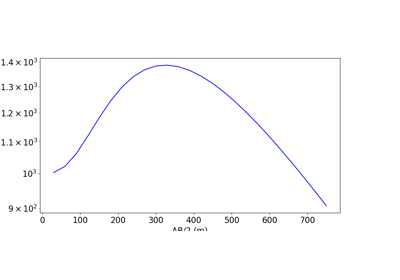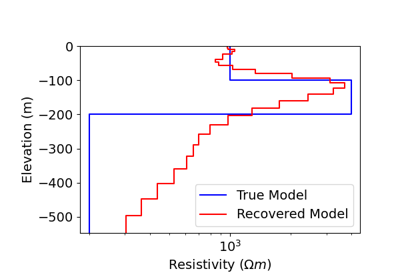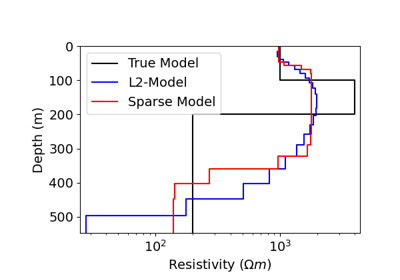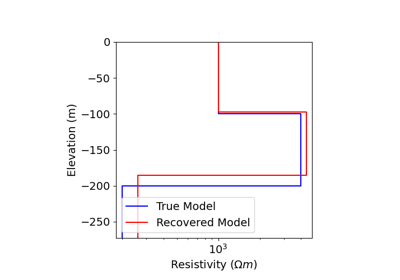SimPEG.electromagnetics.static.resistivity.sources.Dipole#
- class SimPEG.electromagnetics.static.resistivity.sources.Dipole(receiver_list, location_a=None, location_b=None, location=None, **kwargs)[source]#
Bases:
BaseSrcDipole source
- Parameters:
- receiver_list
listofSimPEG.electromagnetics.static.resistivity.receivers.BaseRx A list of DC/IP receivers
- location_a(
n_source,dim)numpy.array_like A electrode locations; remember to set ‘location_b’ keyword argument to define N electrode locations.
- location_b(
n_source,dim)numpy.array_like B electrode locations; remember to set ‘location_a’ keyword argument to define M electrode locations.
- location
listortupleoflength2ofnumpy.array_like A and B electrode locations. In this case, do not set the ‘location_a’ and ‘location_b’ keyword arguments. And we supply a list or tuple of the form [location_a, location_b].
- receiver_list
Attributes
Amplitudes of the source currents
locations of the source electrodes
Locations of the A-electrodes
Locations of the B-electrodes
Number of data associated with the source.
List of receivers associated with the source
Universal unique identifier
Vector number of data.
Methods
eval(sim)Discretize sources to mesh
evalDeriv(sim)Returns the derivative of the source term with respect to the model.
get_receiver_indices(receivers)Get indices for a subset of receivers within the source's receivers list.
